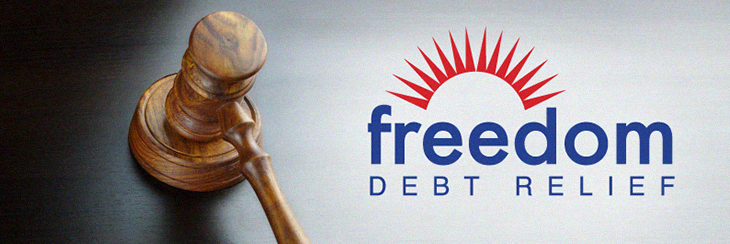
While Thursday's denial appeared to close the door on one legal strategy, another opened. On Thursday, he denied Garrison's request for the court to stop Biden's debt relief plan and wrote, "in view of the fact the Department of Education exempted Plaintiff from receiving debt relief, finds Plaintiff cannot be irreparably harmed." Banks and loan servicers could also have standing to sue "That undercuts the whole theory that courts need to intervene here," Shafroth says.Īnd the judge in Garrison's case appears to agree with Shafroth. Neither the White House nor the Department of Education had previously said borrowers would have the opportunity to opt out of debt relief. Why would this group bring this baseless claim? Because opponents of the debt relief plan are trying anything they can to stop this program that will provide needed relief to working families."

Anyone who does not want debt relief can choose to opt out. "The claim is baseless for a simple reason: No one will be forced to get debt relief. But, just a few hours later, White House spokesperson Abdullah Hasan told NPR in a statement: When the suit was filed on Tuesday, the harm to Garrison seemed to be concrete and automatic. Education Department that they could receive their debt relief automatically, and, of those, borrowers in as many as seven states (though likely fewer) could end up having to pay state income tax on their relief – a tax of perhaps $500 to $1,000 that they may not be able to afford. Some 8 million borrowers, though, have enough income information on file with the U.S. The harm has to be automatic, and most borrowers who qualify for debt relief will have to apply for it. Several types of plaintiffs could potentially clear that standing hurdle.įirst, a borrower – though not just any borrower.

A very specific borrower could have standing to sue "Standing is really the major hurdle," Brnovich conceded. Who might Biden's plan – meant to help as many as 40 million borrowers – actually hurt? when someone who has been harmed in a concrete way by that action files a lawsuit," says Abby Shafroth, director of the Student Loan Borrower Assistance Project at the National Consumer Law Center. The problem for Brnovich, and anyone else hoping to legally block Biden's plan, boils down to one word: standing. when someone who has been harmed in a concrete way by that action files a lawsuit.Ībby Shafroth, Student Loan Borrower Assistance Project secretary of education: the authority "to alleviate the hardship that federal student loan recipients may suffer as a result of national emergencies," according to the Justice Department's memo.įast-forward two decades to a very different national emergency: the COVID-19 pandemic.Įarly in the pandemic, the Trump administration used this same HEROES Act authority to freeze payments and interest accrual on federal student loans – helping many borrowers who, because of COVID's crippling effect on the economy, would have struggled to keep up. The act gave an incredible power to the U.S. Justice Department cited the Higher Education Relief Opportunities For Students Act, or HEROES Act, which President George W. In a memo defending Biden's plan, the U.S. The Biden administration's legal defense of student debt relief

And other conservative politicians, interest groups and attorneys are likely to file additional suits soon. Brnovich's lawsuit is just the third this week. In short, legal opposition to Biden's debt relief plan has become a team effort.


 0 kommentar(er)
0 kommentar(er)
